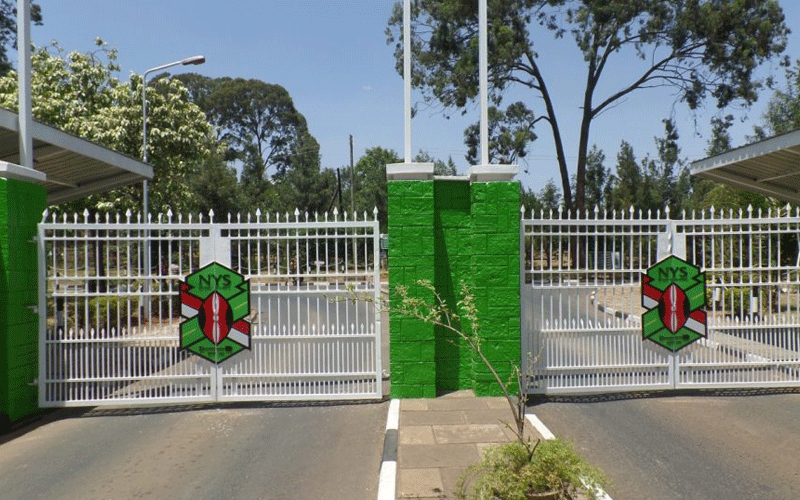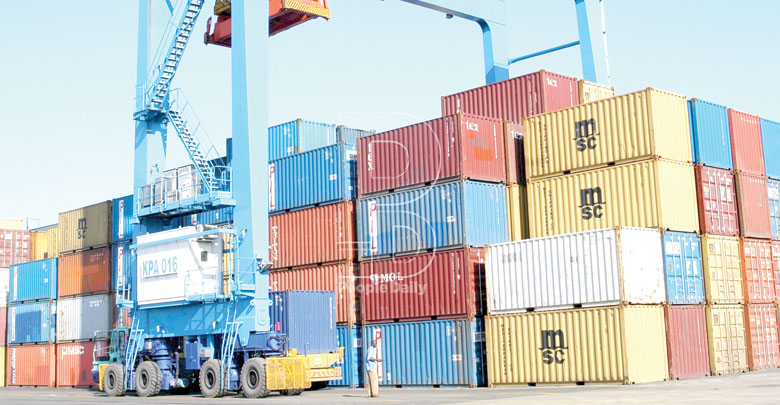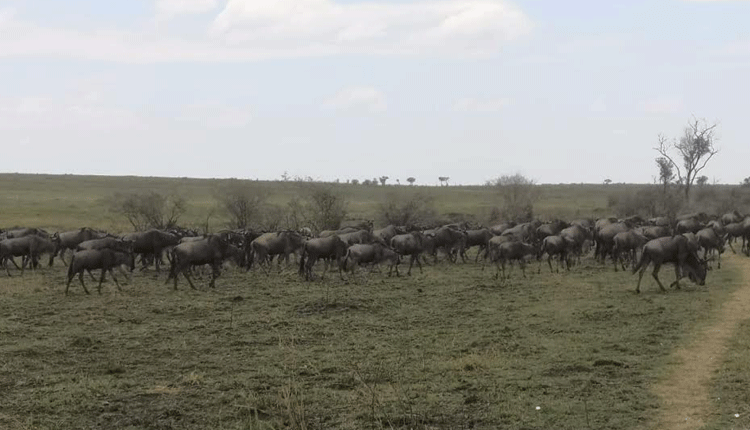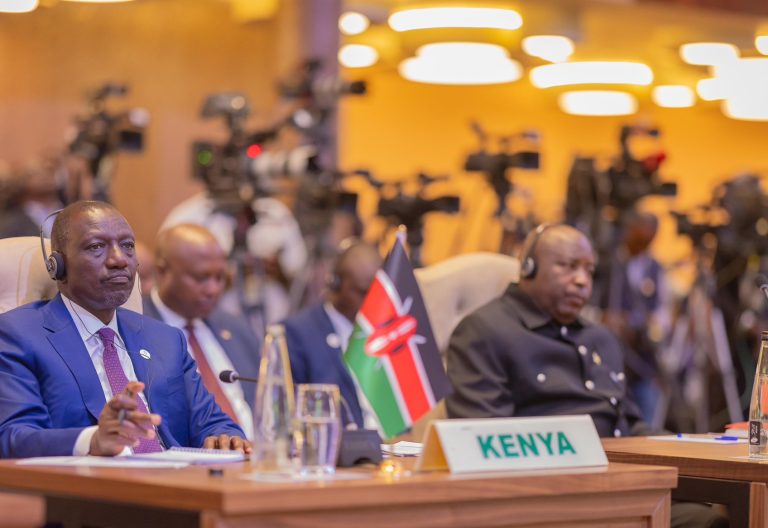PS calls for maximum use of NYS land countrywide

Maximum cultivation of the expansive National Youth Service (NYS) land countrywide can help address food insecurity in the country, the Principal Secretary in the State Department for Public Service Mary Kimonye said yesterday.
Kimonye said that NYS owns huge chunks of fertile, virgin land that if cultivated to full capacity can help the government achieve its food security agenda.
She said that increasing agricultural productivity and production in various ways will be the principal approach to solving the problem of long-term food insecurity in the country.
Speaking after touring Mavoloni, Athi River and Yatta NYS field stations in Machakos County, Kimonye who was accompanied by a delegation from her ministry said the government has laid out workable plans to progressively increase the acreage of cultivated NYS land annually in efforts to increase food productivity.
Many NYS units are however battling unstable power supply, inadequate water to irrigate crops, scarce farming machinery and equipment and understaffing, challenges that have continuously impended the service men’s bid to feed Kenyans.
“The NYS land, if farmed to full capacity can help the country achieve its food security target.
The service has expansive land in thousands of undeveloped acreages which we hope to utilise to increase food productivity,” she said.
Kenya continues to battle a huge deficit in food security owing to the devastating desert locust invasions that devoured everything in their path, posing an unprecedented threat to the food supply and livelihoods of millions of people coupled with excessive rainfall that the country witnessed in October 2019.
Kenya National Bureau of Statistics (KNBS) says about 12 million people in the country are food insecure.
Most of these are persons whose income doesn’t qualify them to consume enough calories for a healthy lifestyle two-thirds of whom are rural area dwellers.














